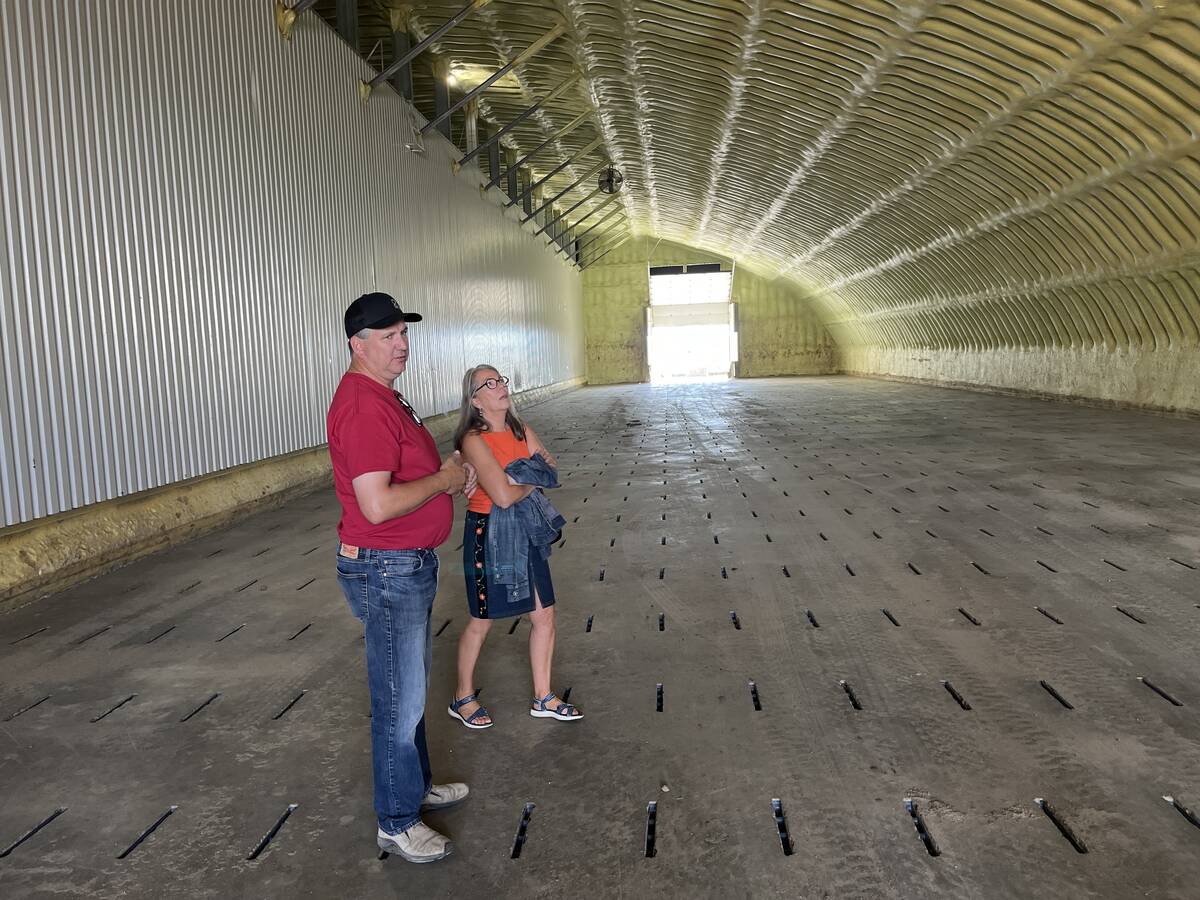TORONTO — Canadian claims of being a world leader in food industry traceability are exaggerated, say two food system specialists.
“Canada has spent millions, probably billions, on creating an ineffective system,” Martin Gooch told a conference organized last week by the Conference Board of Canada.
“We are likely years behind other countries.”
The new Safe Food for Canadians Act includes a strengthened requirement for traceability in the food system and the new Growing Forward federal-provincial agreement commits to a national traceability system, but Gooch, who is chief executive officer of Value Chain Management International Inc., said such political initiatives are more posturing than practical.
Read Also

Potato farm requires year-round management
The most recent Open Farm Day in Alberta showcased agricultural producers across the province educating the general public about the process that is required is to get food to their table.
There has been little government leadership and few incentives for industry to implement an effective system.
“We go a lot for the window dressing. The wrong answer to traceability is legislation,” said Gooch.
Sylvain Charlebois, associate research dean at the University of Guelph, said a 2010 study of the effectiveness of traceability systems in 17 industrialized countries ranked Canada 14th, one spot ahead of the United States.
Denmark was rated the best.
Charlebois said part of the problem in Canada is the divided jurisdiction between federal and provincial governments.
“I think industry really has had to fill the gap,” he said.
However, companies are reluctant to share information on their traceability systems with competitors so that industry-wide standards can be established.
Charlebois said government’s role should be to create a system of incentives that encourage companies in the food chain to work together to create an accountable traceability system.
“At the moment, the government strategy is all about writing cheques, but that does not create industry buy-in,” he said.
Both speakers said consumers demand greater food industry accountability and safe food but are not prepared to pay a premium for the product.
“I think we are at a crossroads in the food industry,” said Charlebois.
Food safety doesn’t have any currency in the marketplace, and consumers are not prepared to pay for something they think they are owed.
However, a breakdown in the food safety system can impose a heavy penalty on industry when consumers turn away from a product.
Mike Sadiwnyk, senior vice-president for GS1 Canada, a not-for-profit industry organization that develops global product standards, took a less gloomy view of Canada’s traceability.
He said Canadian livestock producers are given credit for their traceability efforts in recent years.
“I think since the mid-1990s, we have picked up our game.”
However, there are traceability gaps in the overall food chain.
















